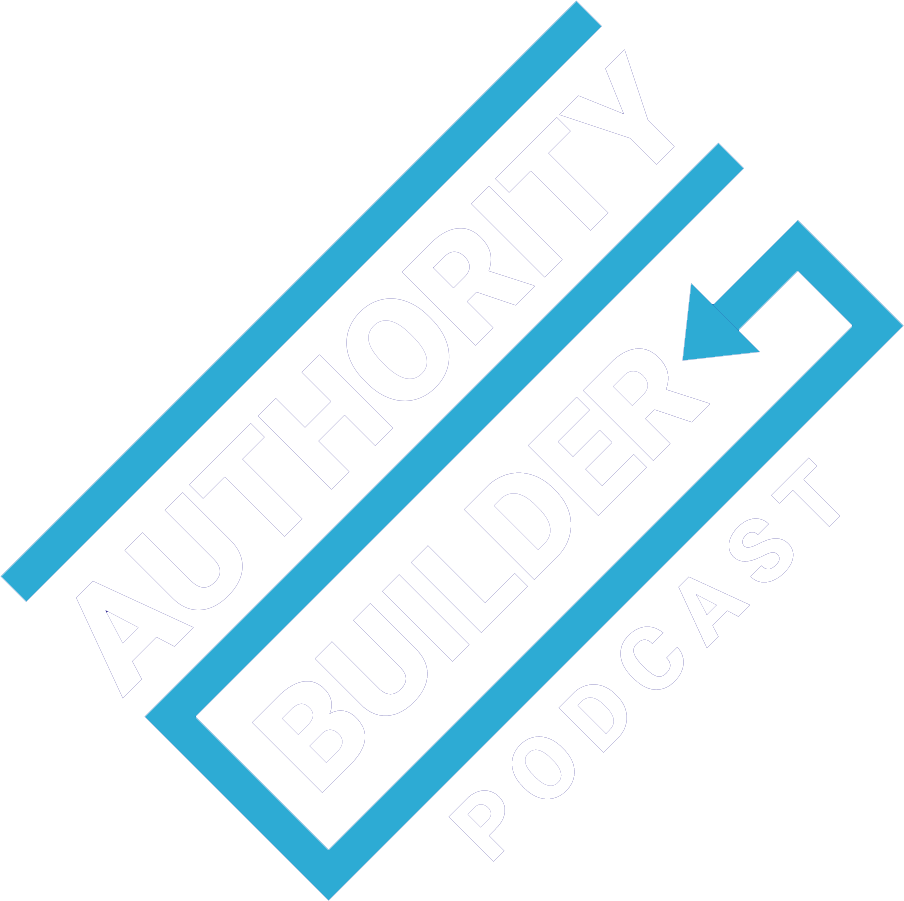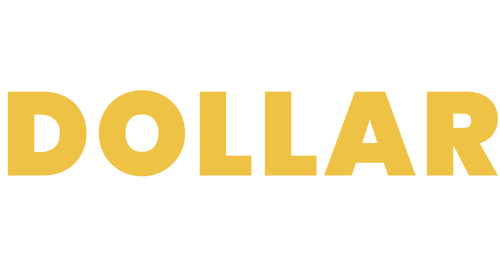As a financial advisor, Nicole Middendorf of Prosperwell Financial often feels more like a psychologist. She finds she has to change her clients’ mindset about money… and even gets involved in a sort of couples counseling.
We talk about that, as well as the roundabout career path that got her to where she is today, why she wouldn’t trade it, and what she learned along the way that she still uses in her current business. Plus, we talk about her refreshing take on the traditional “bucket list.”
Tune in to find out…
- The first employee you should hire
- What should be the ultimate goal for every business owner – that has nothing to with money
- How your spouse should be involved in your business
- Why driving a race car in Las Vegas had a huge impact on her business
- And more
Listen now…
Mentioned in this episode:


